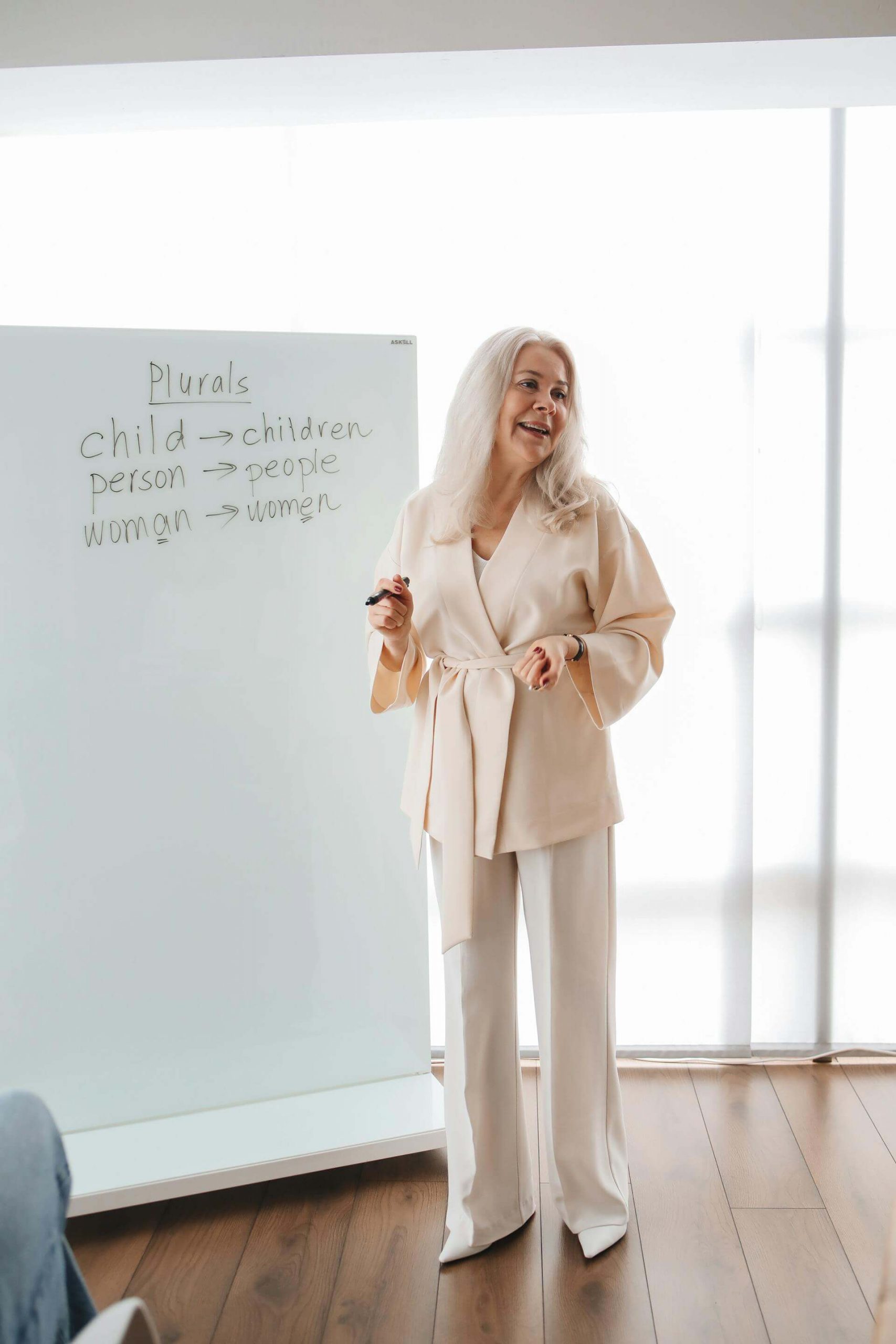Empowering you to contribute your full attention, creativity, and kindness.
Self Care
Self-care is giving the world the best of you, instead of what’s left of you. Self-care is not a luxury — it’s a vital practice allowing you to show up as your best, most present, and most effective self.

Recognise your needs. It's OK to ask help.
ABC of Self Care
The ABC of Self Care is: Awareness, Balance, and Connection.
Self-care begins with awareness; the ability to tune in to your own needs, emotions, and limits. This involves being mindful of your physical and emotional state, recognising stress signals, and understanding what restores or drains your energy.
- What are your early warning signs?
- Do you need to make adjustment…to your work? to your personal care strategies?
- Become aware of your needs, limitations, emotions and resources.
- Practice self-monitoring and self-empathy.
- Identify the impact of work: emotionally, psychologically, physically and spiritually.
Balance is about trying to create harmony between the different aspects of your life: work, relaxation, relationships, responsibilities, and personal interests. It's recognising that over-commitment in one area often leads to neglect in another. Practicing balance means setting boundaries, managing time wisely, and allowing space for both productivity and rest.
- What are your activities of work, play, and rest? Is anything out of balance?
- Demonstrate unconditional compassion for yourself.
- Do you need to limit exposure to traumatic information outside work, i.e. consider what shows or news you read or watch?
- How might you manage work to restore and replenish balance?
- How do you preserve empathetic connection with self-preserving distance in your work?
- Can you introduce proactive steps to prevent or mitigate burnout?
- When confronted with occupational stress aim to befriend rather than fight or flight.
Connection is essential to well-being. This includes meaningful relationships with others, as well as a deep connection to yourself. Connection fosters a sense of belonging, support, and purpose which in turn builds resilience.
- How do you maintain connection to yourself, others, and something larger?
- How do you counter isolation (especially when you feel anti-social) or does isolation restore you?
- Developing and maintaining positive relationships outside of your working environment may be worth considering.


Stress Management and Counselling Services
Counselling Services
Swansea Council’s Stress Management and Counselling service provides professional, specialist advice to employees and managers across the authority and within our schools by:
- Supporting employees and managers.
- Reducing stress.
- Promoting well-being.
Counselling can help. It is a way of helping another person or persons through purposeful conversation. Talking through issues can be helpful and sometimes it can be useful to talk to someone other than friends, family or work colleagues. Someone who will listen, who is not emotionally involved and, through training, has gained additional skills and knowledge to help. The service can be accessed in confidence via self-referral, referral by line manager, human resources officer, or occupational health advisor. All Teaching Staff require a referral by their Head Teacher.
- [email protected]
-
Stress Management Advice and Counselling Service,
Room 151, Guildhall, Swansea, SA1 4PE
Why are we at risk?
Whilst the teaching profession can be a very satisfying and rewarding career, it can also be a very demanding line of work which places people within “at risk” if self-care is not practiced. Neglecting self-care can place employees at an increased emotional and physical risk because:
- The work requires constant “empathic engagement” with learners, their families and with colleagues.
- We are constantly learning of another’s trauma – doesn’t have to be 1st person.
- The need to “make sense”, and sometimes control our world.
- We are constantly helping, listening and supporting others.
- People constantly draw from our energy – a car will not run on an empty fuel tank!
- Some learners are physically demanding.
- Constant changes in Education workload demand which impacts on work-life balance.
This all accumulates over time!
Experiencing trauma has many faces
Faces of Trauma
Vicarious Trauma (VT) is the process of change that happens because you care about other people who have been hurt and feel committed or responsible to help them. Over time this process can lead to changes in your psychological, physical and spiritual well-being. It is not just your responses to one person, one story or situation. It is the cumulative effect of contact with survivors.
Secondary Trauma (ST) is the emotional pressure that results when an individual hears about the first-hand trauma experiences of another. Its symptoms can mimic those of post-traumatic stress disorder (PTSD).
Compassion Fatigue (CF), is a condition characterised by a gradual lessening of compassion towards over time, sometimes accompanied by frustration toward survivors.
Burn Out (BO) is the exhaustion, lack of enthusiasm and motivation, feelings of ineffectiveness, and also the dimension of frustration or cynicism, that follows. Often resulting in reduced efficacy within the workplace, and often caused by prolonged stress.
